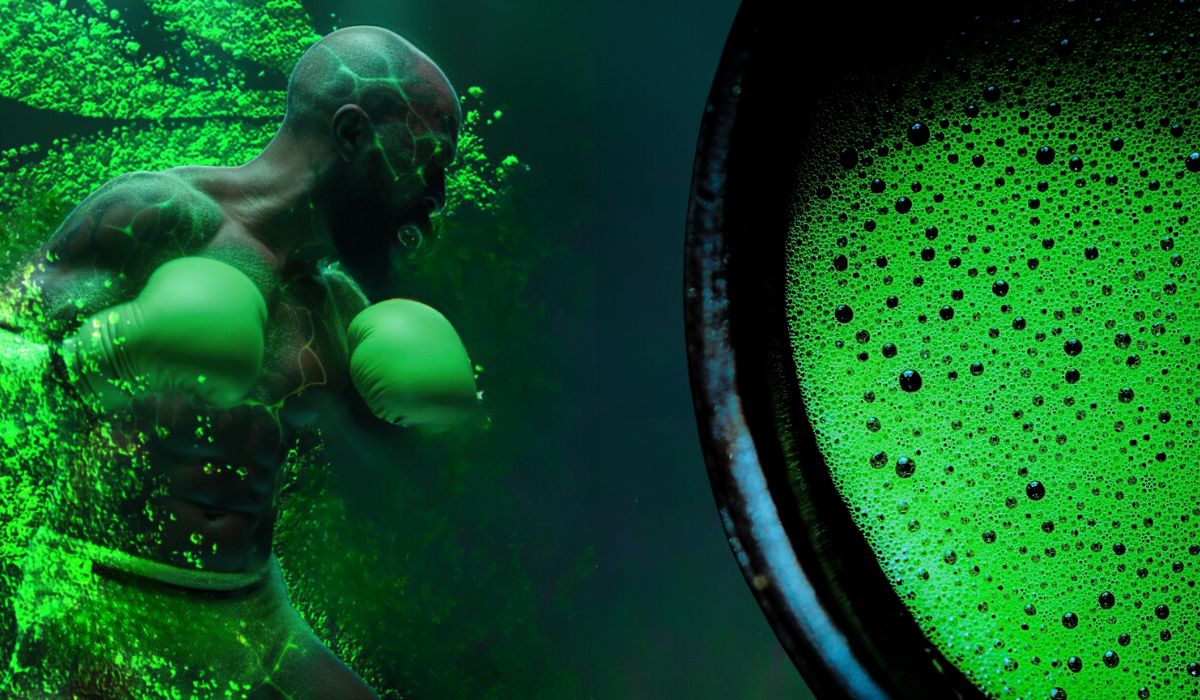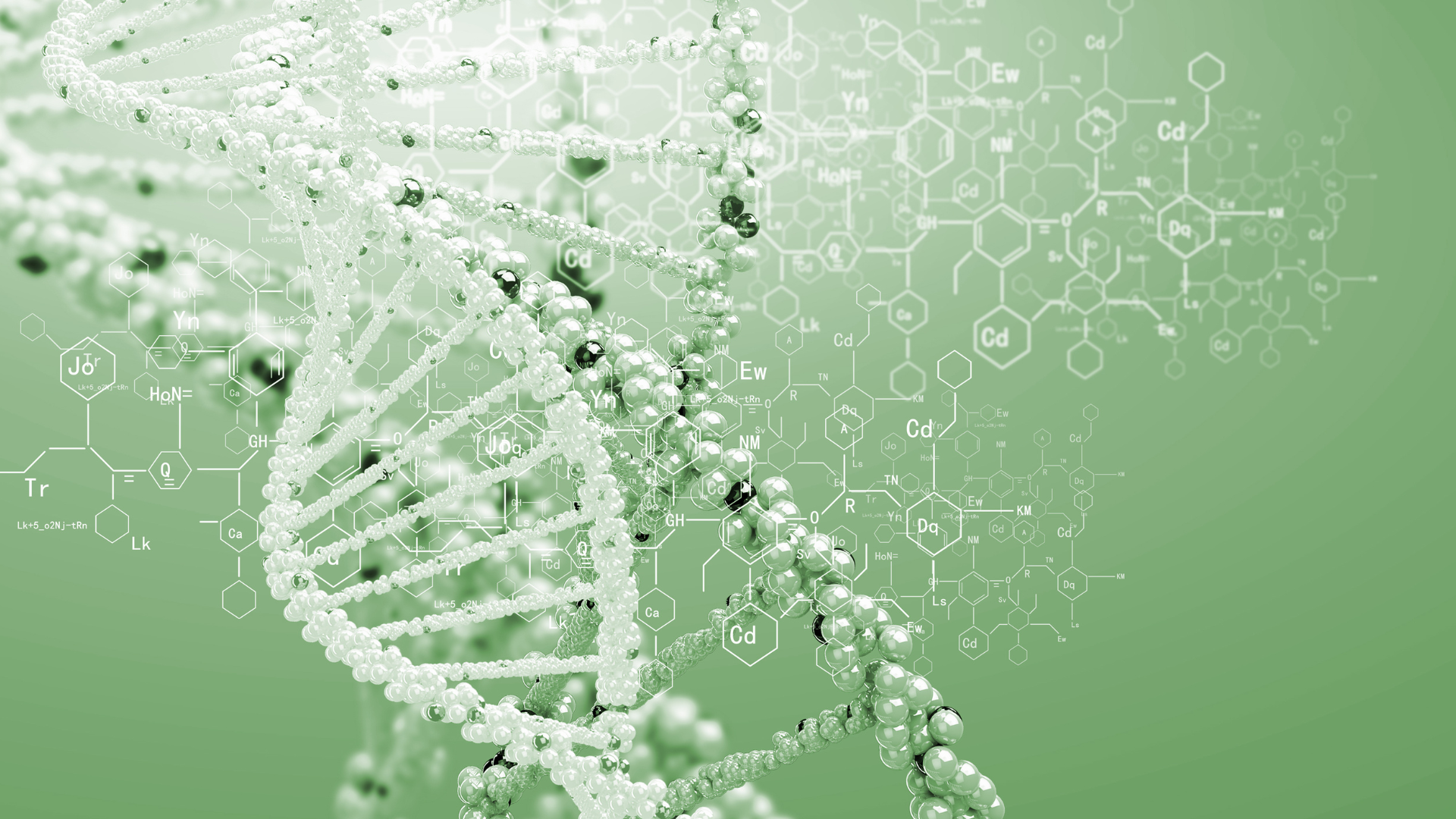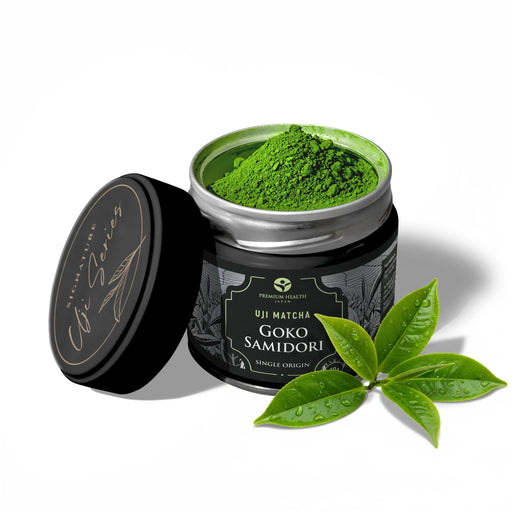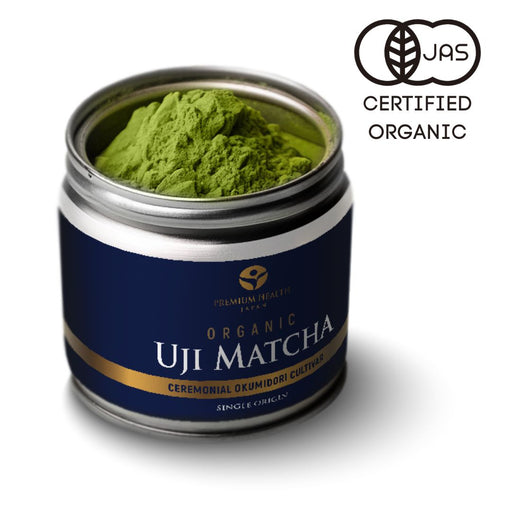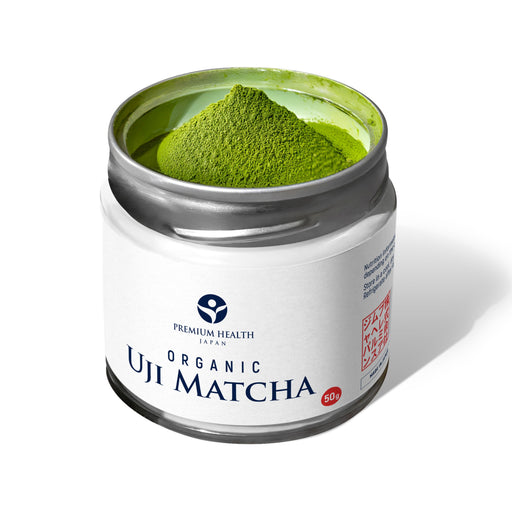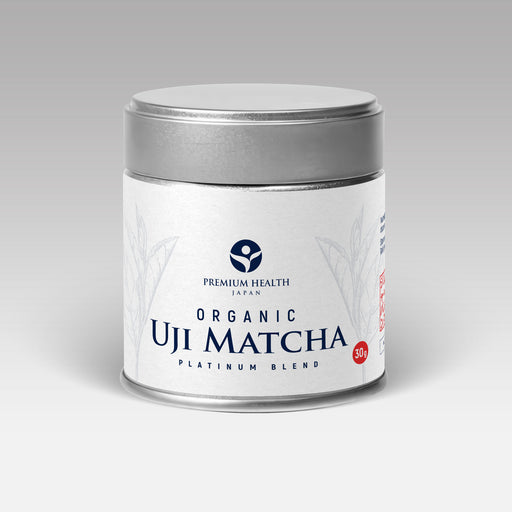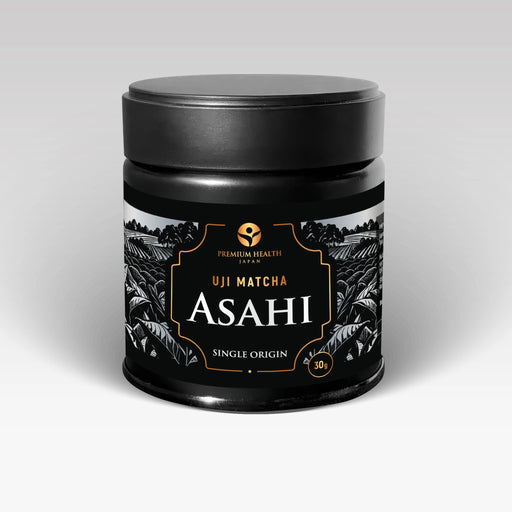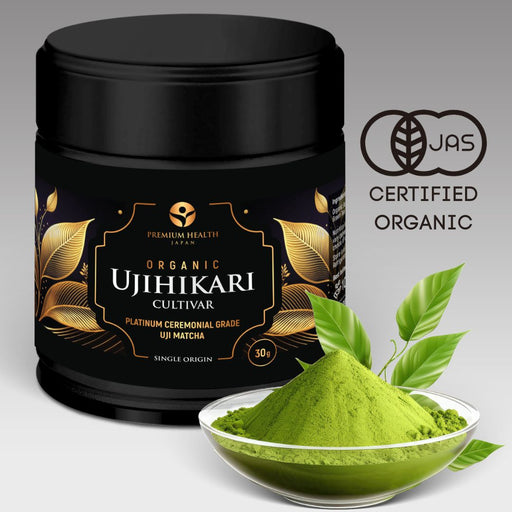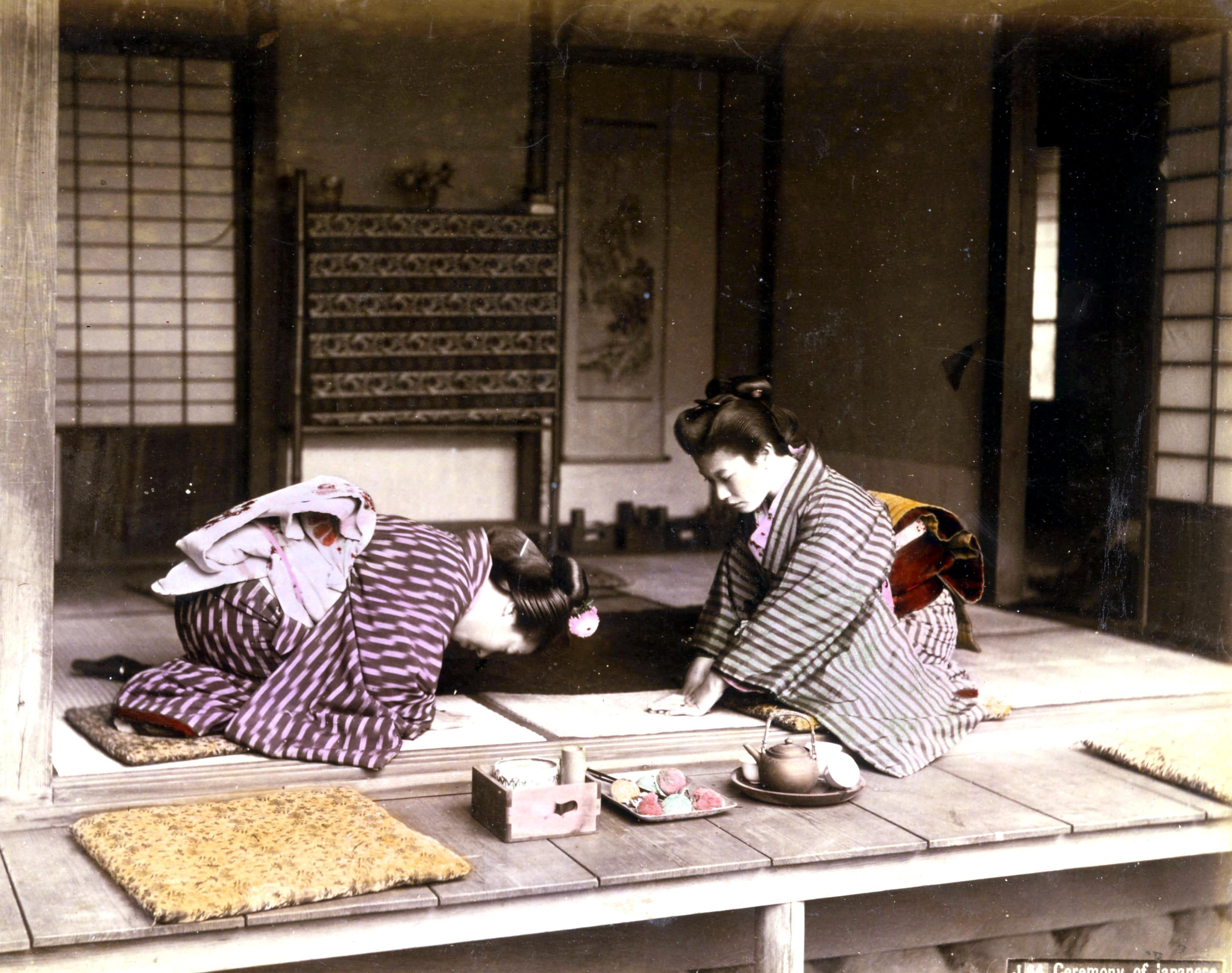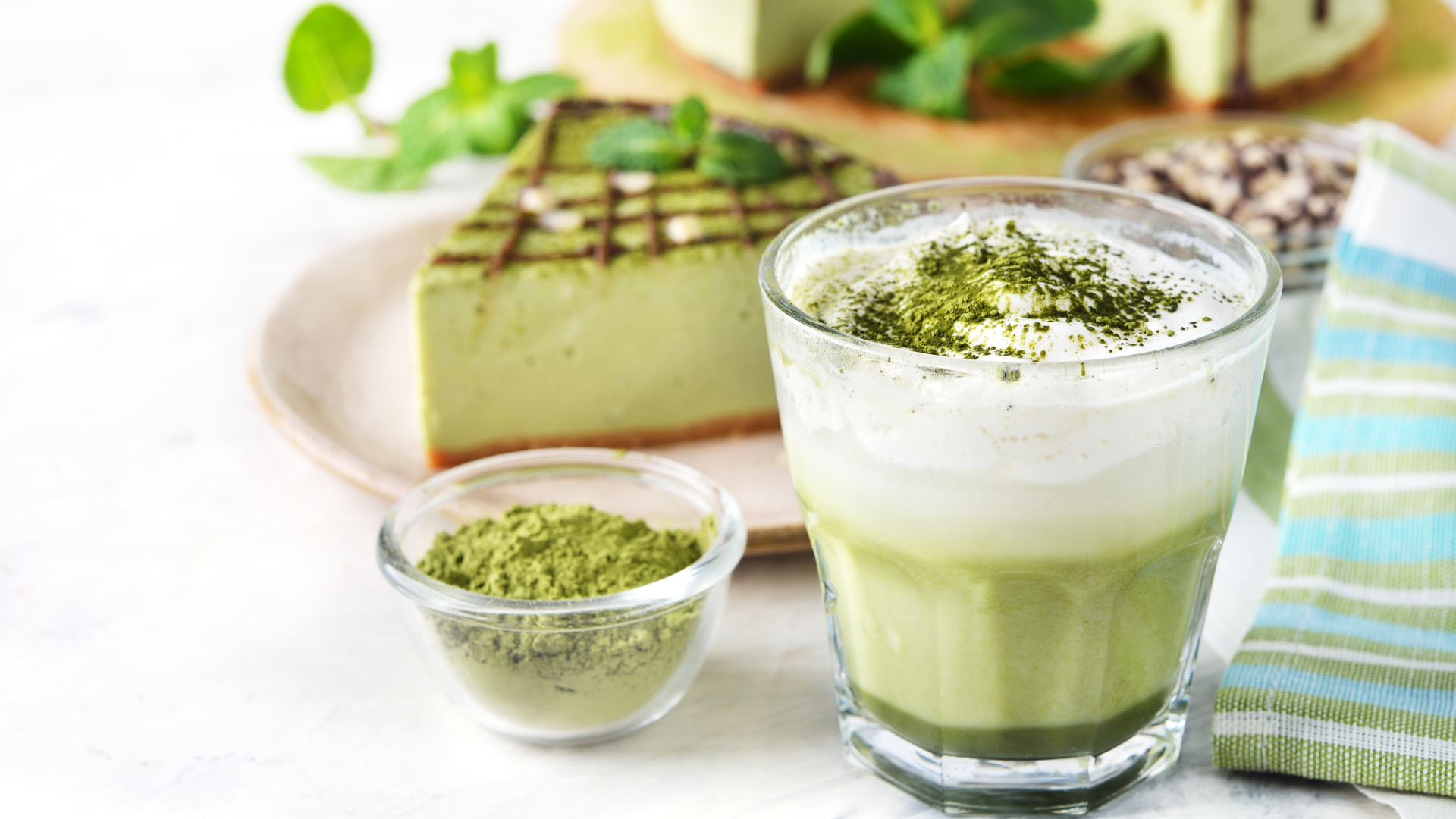
Einführung
Matcha-Grüntee ist seit Jahrhunderten ein fester Bestandteil der japanischen Kultur und hat in jüngster Zeit weltweite Aufmerksamkeit für seine zahlreichen gesundheitlichen Vorteile erlangt. Doch was genau macht Matcha so wohltuend? In diesem umfassenden Leitfaden untersuchen wir die wissenschaftlich belegten gesundheitlichen Vorteile dieses leuchtend grünen Pulvers.
Reich an Antioxidantien
Die Wissenschaft hinter den Catechinen
Einer der wichtigsten Vorteile von Matcha ist sein hoher Gehalt an Antioxidantien, insbesondere an Catechinen. Antioxidantien helfen, oxidativen Stress zu bekämpfen, der zu chronischen Krankheiten wie Krebs führen kann. Eine Studie von Forschern der University of Colorado ergab, dass Matcha 137-mal mehr Catechine enthält als normaler grüner Tee.
Steigert den Stoffwechsel und verbrennt Kalorien
Die thermogenen Eigenschaften von Matcha
Matcha regt nachweislich den Stoffwechsel an und hilft dem Körper, etwa viermal schneller Fett zu verbrennen als der Durchschnitt. Das macht es zu einer hervorragenden Ergänzung für jedes Abnehmprogramm.
Verbessert geistige Klarheit und Ruhe
Die Rolle von L-Theanin
Die Aminosäure L-Theanin in Matcha fördert die Produktion von Alphawellen im Gehirn, was Entspannung ohne Schläfrigkeit bewirkt. Dr. John Smith, Neurowissenschaftler an der Harvard University, erklärt: „Das L-Theanin in Matcha hat einen signifikanten Einfluss auf die Förderung von Entspannung und Konzentration.“
Senkt Cholesterin und Blutzucker
Die kardiovaskulären Vorteile
Der regelmäßige Verzehr von Matcha wird mit niedrigeren LDL-Cholesterin- und Blutzuckerwerten in Verbindung gebracht, was das Risiko von Herzerkrankungen und Diabetes verringern kann.
Die Geschichte und kulturelle Bedeutung von Matcha
Matcha ist seit Jahrhunderten fester Bestandteil der japanischen Kultur und wird häufig in traditionellen Teezeremonien verwendet. Seine Geschichte reicht bis in die Tang-Dynastie in China zurück, wo er ursprünglich hergestellt und später von Mönchen nach Japan gebracht wurde, die ihn in ihre Meditationspraktiken integrierten.
So integrieren Sie Matcha in Ihre Ernährung
Von Lattes über Smoothies bis hin zu Backwaren gibt es zahlreiche Möglichkeiten, Matcha in die tägliche Ernährung zu integrieren. Die Vielseitigkeit dieses Grünteepulvers macht es einfach, seine gesundheitlichen Vorteile in verschiedenen Formen zu nutzen.

